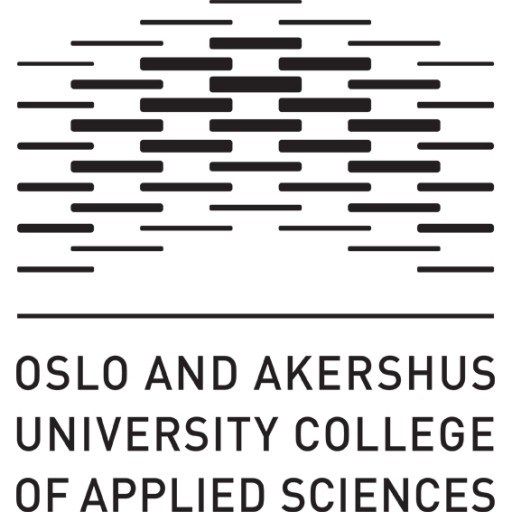Photos of university / #dmuleicester
Why this course?
* Specifically designed for qualified practitioners in the field
* Flexible, yet coherent, programme of study with a focus on health, welfare and well-being
* Youth and Community Development staff are engaged in professional practice, research, consultancy and teaching
* Provides an opportunity to study at an advanced academic and professional level
* Enables the development of an innovative, progressive practitioner who reflectively engages with concepts and practices of social justice and equality
Career opportunities
Graduates follow a wide range of senior posts in youth work and community development work in both the statutory and voluntary sector. An MA is a recommended qualification for workers who want to hold senior positions in recent workforce development proposals.
Teaching/assessment
The course works to build a learning community, from the initial contact on selection day and in the induction periods onwards. Assessment is usually by written assignment of 4000 words per 15-credit module. Contributions to online seminars are compulsory and there is also an attendance requirement.
You take two core modules, and up to six other modules depending on your chosen pathway. The MA is completed with a dissertation of 60 or 90 credits. You will be expected to complete a dissertation in a health-related area. The course offers four pathways: research, management, advanced skills, and generic. The generic pathway offers the greatest flexibility and allows you to pursue a wide variety of modules. The research pathway includes taught modules in research methods and advanced research methods, as well as requiring you to complete a 90-credit dissertation. You will consider practice-based, evaluative and academic modes of research. The management pathway requires you to take at least three management modules and complete a management-focused dissertation. The advanced skills pathway focuses on the development of individual practice, plus the ability to support and enable good practice from colleagues. All core modules and most specialist modules are launched during one of two block teaching weeks held each year (usually in October and February).
First semester
* Theory and Practice of Community Development focuses on community development. You will be introduced to key concepts in to practice, policy and the National Occupation Standards
* Negotiated Module offers an opportunity to formulate, present and implement an individual proposal in an area of professional relevance and interest
* Managing Services and People is designed to increase selfconfidence and performance as a manager of people and projects within a youth work and community development environment
* Anti-Oppressive Practice aims to analyse concepts of oppression, discrimination and inequality and enable you to develop effective antioppressive and anti-discriminatory practice
Second semester
* Health and Social Research Methods introduces strategies and methods of social science research commonly used in social and healthcare settings
* Health and Well-Being introduces key concepts of health and wellbeing in the context of youth work and community development
* Specialist modules x 2
* Dissertation
Attendance at launch days is compulsory. These are supported by a wide variety of written material, individual and corporate tasks. You are required to engage in a number of online seminars in each module which is compulsory.
Entry and Admissions Criteria * You need to demonstrate that you can work at Master * You are normally expected to have a professional qualification in an area related to youth and community development work You should also normally have: * A commitment to anti-oppressive practice * Relevant and significant field experience on which to base and integrate theory * Proven ability to reflect on practice, critically examine concepts of informal education and justice, awareness of social welfare needs in a youth and community context If you have no formal academic qualifications but do have extensive practice experience we will consider your application on an individual basis. You will need to attend an interview. If you are unable to attend, arrangements can be made for a telephone interview. English Language Requirements IELTS band: 6 IMPORTANT NOTE: Since April 2014 the ETS tests (including TOEFL and TOEIC) are no longer accepted for Tier 4 visa applications to the United Kingdom. The university might still accept these tests to admit you to the university, but if you require a Tier 4 visa to enter the UK and begin your degree programme, these tests will not be sufficient to obtain your Visa. The IELTS test is most widely accepted by universities and is also accepted for Tier 4 visas to the UK- learn more.










